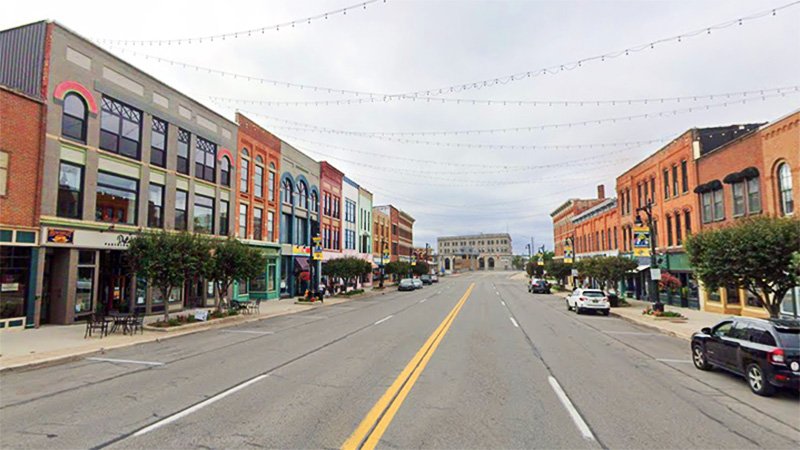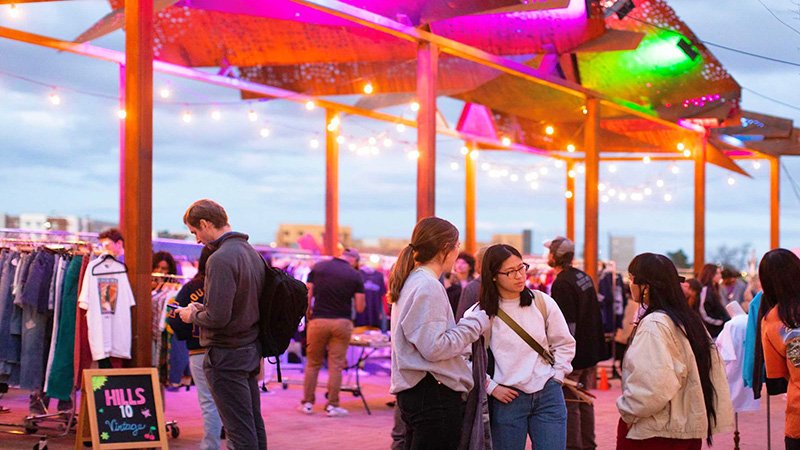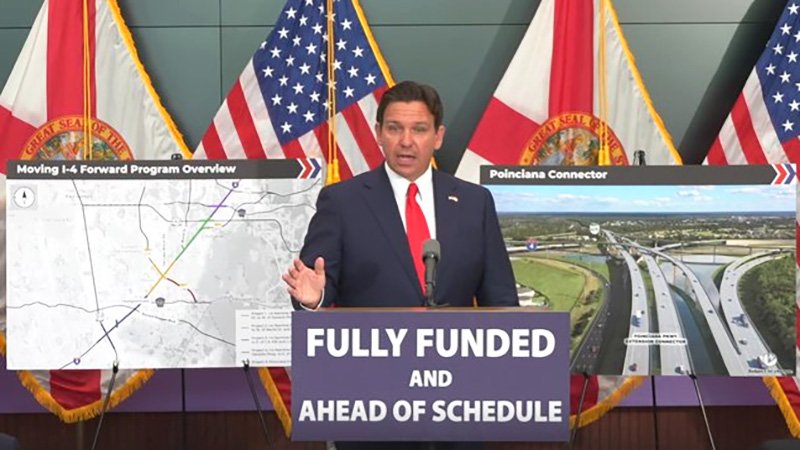It’s natural to feel grief when local officials ignore calls to make your city a stronger and safer place. But while the grief is real, the changes your advocacy inspires are real too.
Read MoreTrying to decide on your next smallest step? Chances are, your city already has systems in place to address infrastructure concerns. Strong Towns member Danny Williams demonstrates how you can use those systems to produce positive change.
Read MoreSarasota County, Florida, is planning to use hundreds of millions of dollars to subsidize housing. But this money isn’t going toward low-income housing — it’s going toward road construction for gated communities.
Read MoreAn initiative that encourages people to use a bike instead of a car seems like a good thing, but does National Bike to Work Day actually encourage bikeability?
Read MoreEconomic productivity, cost-effectiveness and safety: stroads fail at all three. Advocates in Port Huron, Michigan, are working to make their city recognize that, so they can turn the dangerous Huron Avenue into a thriving community center.
Read MoreIncremental development is a low-risk, high-reward method of building a strong town. Here’s some do’s and don’ts to get you started.
Read MoreSpecial assessments are a way local governments can fund projects that will add value to homeowners’ property. When used to fund regular maintenance, though, they’re self-serving, irresponsible and unfairly target the poorest members of the community. It’s time to demand better.
Read MoreDo you have a favorite food truck? These micro businesses are often features of their communities, and they represent an important stage of incremental development. But strict zoning laws can put these businesses at risk. Hot Dog House FL learned this the hard way when parking mandates evicted them from their main operating location.
Read MorePublic art can do more than add personality and beauty to a space — it can change the way people behave, bring the community together and avoid the resistance other changes to city policy face. It’s time to stop overlooking this powerful and accessible tool and start making our towns stronger, one bucket of paint at a time.
Read MoreFrom arbitrary restrictions to overly harsh penalties, many homeowners associations (HOAs) do little to endear themselves to their neighborhoods. But your city may have more responsibility for these conditions than you realize.
Read MoreThe city of Cincinnati has pledged $200k to keep the popular bikeshare program Red Bike alive for another year. Joining us to talk about bikeshare programs and Red Bike’s financial difficulties is Bryce Mortera, a member of Civic Cincinnati. Are these programs really beneficial for residents? And if so, is there a more sustainable way to fund them than relying on sponsors?
Read MoreAt 75, she didn’t think she’d spend her time fighting freeways, but that’s exactly where Susan Graham finds herself. Founder of Stop TxDOT I-45, Graham has been fighting highway expansion in Houston for almost five years — and she’s nowhere near done. (Get to know Graham before she brings her knowledge to the national stage at the Strong Towns National Gathering, May 14-15!)
Read MoreAs an advocate, it’s easy to feel discouraged when you can’t prompt any big changes in your community, or even among your loved ones. Be patient: Just as many small actions can help cities grow incrementally stronger, the small impacts you have on others can lead to big changes over time.
Read MoreA new development in Tempe, Arizona, claims to be “the best place to live car-free in the U.S.” But while this development has many of the trappings of a strong town, it’s lacking one of the most important elements: resilience born from incremental development.
Read MoreFlorida Governor Ron DeSantis signed legislation to accelerate road projects, claiming it will make driving less miserable. However, driving in Florida isn’t miserable because of a lack of roads —it’s miserable because the road network is designed in nonsensical, dangerous ways that increase congestion and make it impossible to drive anywhere in a straight line.
Read MoreMany cities in the United States are experiencing a housing crisis, with pressure growing for someone to find a solution. But is an official solution even possible? With dysfunctional institutions and a divided culture, the “solution” might come down to individuals doing what they can in the moment.
Read MoreConnecticut is trying to reform state and local zoning laws to allow diverse and affordable housing production. However, their efforts still rely on the suburban approach — accruing large amounts of debt in anticipation of future growth — so they may be doomed to failure.
Read MoreChristian Grey is the executive director of inCOMMON Community Development, an organization that aims to alleviate poverty at a root level by uniting and strengthening vulnerable neighborhoods.
Read MoreThe era of corner stores and mom-and-pop shops has mostly come to an end, with modern zoning codes strictly segregating commercial and residential areas. But a return to the mixed-use model might be just what we need to empower entrepreneurs and strengthen people's sense of community.
Read MoreAs prices rise, housing affordability has become an increasingly popular topic of discussion across North America. However, in our current system, affordable housing is an oxymoron: Housing is treated as an investment, and good investments constantly increase in price. To escape this paradox, we must change the way we think about housing.
Read More



















